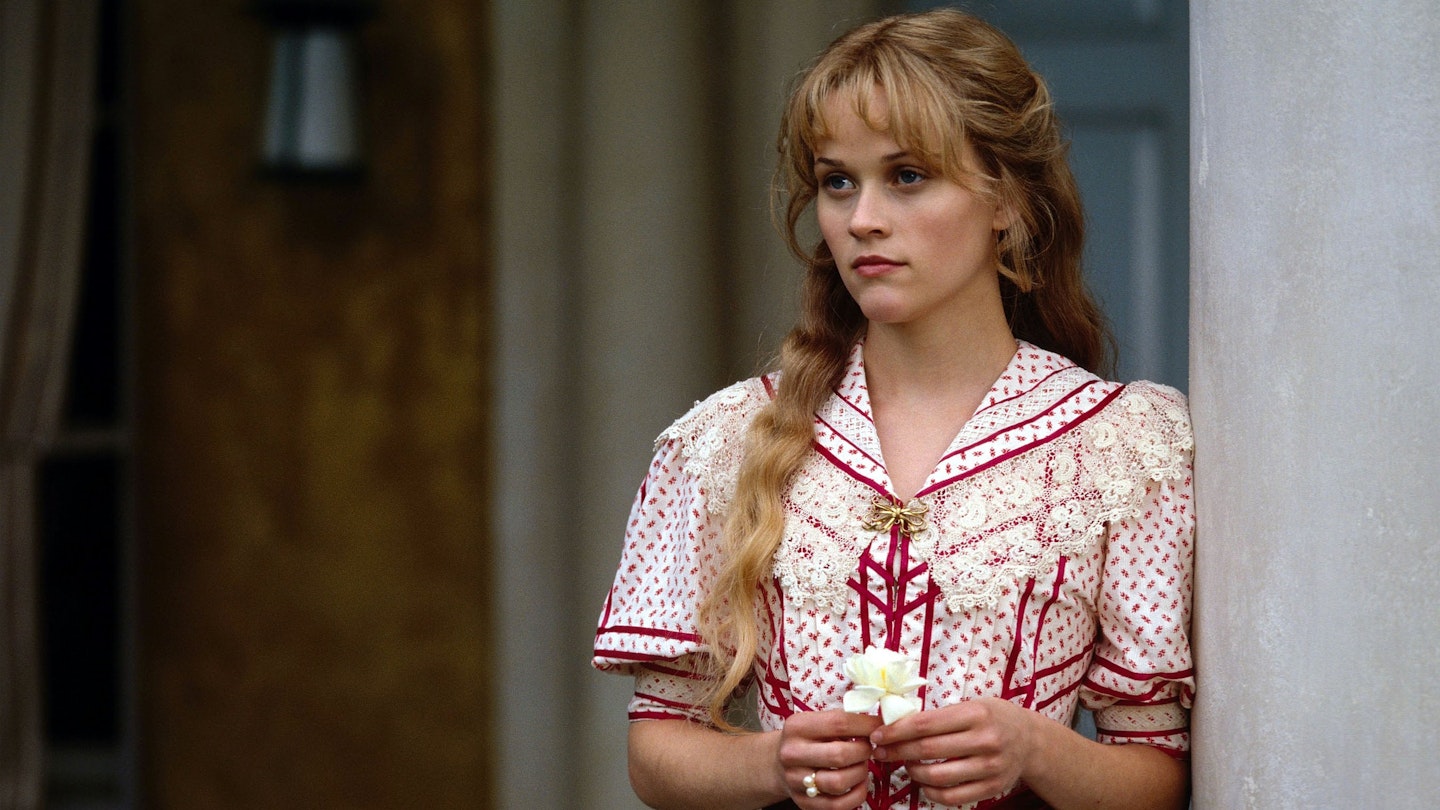Anthony Asquith's 1952 film of Oscar Wilde's most popular play is widely regarded as the definitive version against which all others should be judged. So it's a brave man who takes on the task of creating a modern version to rival that - and an even braver one who does so under the banner of Ealing Studios.
This is the first film to come out of the much-loved British institution since 1959; so when the weight of expectation falls heavily on Oliver Parker (who tackled Wilde two years previously on An Ideal Husband with moderate success), you've got to hope that he has very broad shoulders.
Parker adds original material to the text, taking sole screenwriting credit and confounding the traditionalists' expectations with character interpretations that would have surprised even Wilde.
From the opening sequence of Algy fleeing his creditors, Parker makes it clear that his opening up of the play is going to include some of the baser aspects of British society in the 1890s. Lovers visit tattoo parlours, the country reverend ventures in for some saucy painting of his lost love, and Algy and Jack cavort in music halls. All of which provides a very good backdrop, but such distractions do somewhat deaden the beauty of the dialogue.
Visually, it's interesting enough to see Algy arrive in the country by balloon or to see Cecily's visions of everyone as medieval paintings (to say nothing of Firth and Everett's spontaneous burst of song), but if it's at the expense of Wilde's wit, it does seem like screen time wasted.
The humour is still there but the edge has gone, despite excellent casting. Firth and Everett, in particular, seem naturals for their parts, while Dench's deliciously understated Lady Bracknell is a joy.
